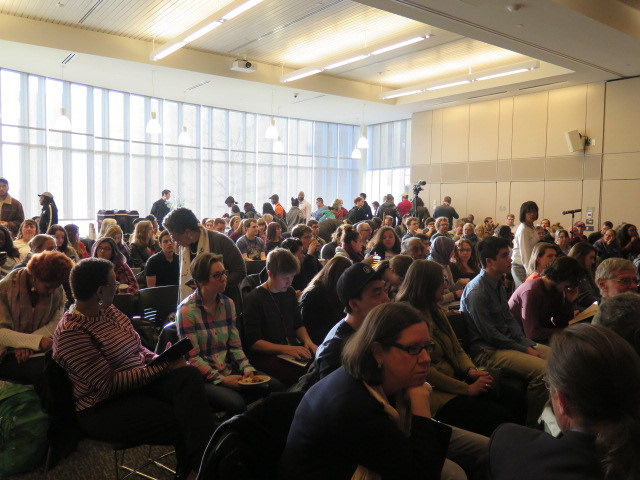It isn’t news to anyone that the University of Massachusetts costs money— most American colleges and universities do, and tuition seems to just keep getting higher. Students pay for things like food, housing and medical care, but the real reason we are here is to get an education. We pay for classes. In the end, we get out what we put in. For that reason, it doesn’t make sense to count attendance in classes. If students don’t come to class, that’s their problem and their grades will probably reflect their absences.
In the same vein, there is no reason for professors to require that students justify their absences with a note from University Health Services. Students who are already trying to bounce back from illnesses should not have to prove how sick they were, especially when getting a note can mean taking hours to travel to UHS, waiting to be seen by a doctor or nurse, getting told to go home to rest and then waiting to receive the note. It makes more sense to cut out the middleman and just stay home and rest, like a physician would suggest anyway. I am not suggesting that students stay home and suffer if they need medical attention, but if a person has a cold or a stomach bug, what can a doctor do? Some medical professionals discourage the use of antibiotics for viruses like the common cold, so they won’t prescribe any medicine, and courses of action like resting and drinking lots of fluids are common sense. There is such an emphasis on college preparing students for the “real world,” but in the “real world,” adults don’t usually need doctors’ notes to justify not going to work. People believe adults when they say they are sick.
Students get out of a class what they put in, so why should attendance be a whole other section of grading criteria? Why should a student who shows up every day and sits there, but says nothing and does nothing, receive full marks for attendance when a student who participates often and contributes frequently is penalized for missing a few classes?
Limiting the amount of absences a student can have without consequence makes them feel obligated to come to class even when they’re sick, which just means their work suffers and they run the risk of not recovering as quickly, which in turn means a longer period of coming in to class while they are sick. This also causes a risk of spreading illness to other students, which will then make their academic work suffer.
There is already so much pressure on students to overschedule and overburden themselves with schoolwork, extracurriculars and jobs. I personally have struggled with mental health since coming to UMass, and while I’ve accepted that sometimes my mental health needs to go on the back burner so I can get my work done, my physical health is a different story. My personal symptoms of anxiety are almost invisible. But if I’m sick, it’s obvious. I don’t want to make anyone uncomfortable or worried that they’ll get sick too, especially if I’m sniffling or coughing. But if not coming in isn’t an option, if I don’t have three hours to set aside to go to UHS or I don’t feel comfortable missing class for whatever reason, I have to reckon with the toll it will take on my body and the learning experience of others.
It is unfortunate and unfair that UMass students are assessed based on whether they show up to class, rather than what they contribute when they are there. I do not feel comfortable missing my classes when I’m sick, but there are also many issues with coming in and putting my classmates at risk.
Sophie Allen is a Collegian contributor and can be reached at [email protected].




















Lyle Chipperson • Dec 1, 2018 at 6:39 pm
You are in your early twenties how often are you “sick”?
Amy • Oct 9, 2018 at 6:08 pm
The attendence policy is infantile; we are paying the professors; we can at our own peril(which is usually none, I’ve skipped an entire class; only to show up at the end and do all the coursework and make a B or higher) or not; decide to attend or not.
Umass and the professors who think they comply our attendence needs to be checked.